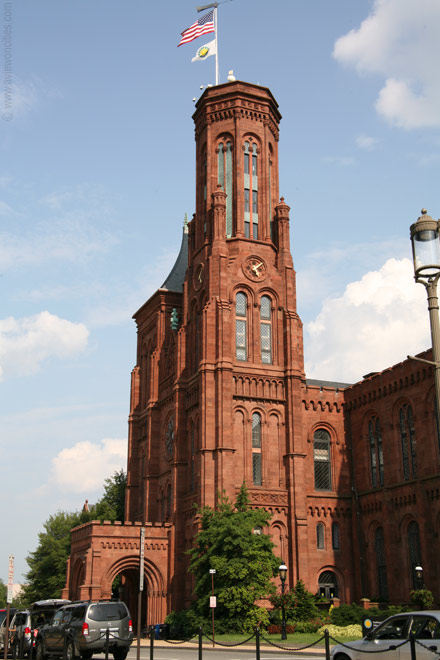“Oh my god, can you believe that’s the Alaska Commissioner
of Fish and Game? She sounds like a teenager!” I said as I listened to
Commissioner Cora Campbell during a radio interview not long after her confirmation
in 2011. She was 31, pretty, and I assumed
had gotten the job as a result of more of the oh-so-common insider Alaska political
shenanigans.
Fast forward to 2014. I was working as part of the team putting together the 2nd
Alaska Women’s Summit and we wanted to include Commissioner Campbell. We
decided to ask her to be on a panel that felt a little crazy. The panel was called “Redefining Like a Girl”
and began with a viewing of the short video put together last year by the Girl
Scouts and Always (watch it and be prepared to get weepy and hopeful).
The panel included Iditarod hero Deedee
Jonrowe, Olympic skier Holly Brooks, Special Olympic Athlete Ayesha Abdul-Jilil,
and Commissioner Cora Campbell. When I pitched
the panel to the Commissioner’s staff, I described the panel as a discussion of
the way these woman had dealt with stereotypes, as athletes, and in the Commissioner’s
case, possibly as an outdoors-woman? It
felt like a stretch, but somehow I felt like the panel would actually be an
interesting place for the Commissioner.
What resulted was a surprising conversation, especially
between Deedee Jonrowe and Commissioner Campbell (you can watch the panel discussion here). These two whip-smart, driven, and articulate
women had each spent their careers battling the same kinds of stereotypes, and
both seemed to feel that the directions of their lives had been altered as a
direct response to those battles. Each of
them had been underestimated, looked down on, patronized, and each of them had
come out swinging for the fences. They
each spoke about being a woman in a culture that has a systematic and sometimes
subtle way of telling women that they’re not good enough.
And as I listened to the panel, I realized that I had done
the same thing to Cora Campbell. I had made assumptions about her intelligence
and experience based off of the fact that she was a pretty, young woman. I
consider myself a feminist, and a pretty well-informed one at that, and I had
made all those same negative assumptions about Cora Campbell. I was part of the
problem.
I was shocked. Like most young professional women, I’ve been
there. I’ve had both men and women say
things to me that they would never say to a man in my position, make
assumptions about my intelligence, my ambition, and my capabilities. AND I HAD
DONE THE SAME THING TO ANOTHER WOMAN. And the worst part? I’m sure it wasn’t the
one and only time. These kinds of societal expectations are so insidious, so “natural”
that they feel like it’s just the way world works.
I’ve mentioned a couple of times now that I thought Cora
Campbell was pretty. I think that has something to do with the way I responded
to her. I recently worked in an office full of intelligent, ambitious, savvy women, who
all also happened to be gorgeous and fashionable. Over, and over again I
watched these women being taken for granted, talked down to, and
underestimated by both men and women. Yes, sometimes you can
use the fact that you’re being underestimated to your advantage (hello, sneak
attacks!), but it still feels shitty. And frustrating. And infuriating. And
even when I would try and empathize with whoever it was that was making these
assumptions (usually older men, although not always), I couldn’t help but hope
that I was witnessing a dying breed.
This morning I read Hana Schank’s piece in Aeon “Why Don’t More Women Play Chess” and was reminded again of how this issue is not just
about changing societal stereotypes, it’s about being more aware, being more
thoughtful, really looking at how we teach and how we talk to all people, not
just young women. It’s about checking every assumption we make and allowing the
people around us to grow in whatever way they’re capable of.
It's a tall order. But they say the first step is admitting you have a problem, right?


